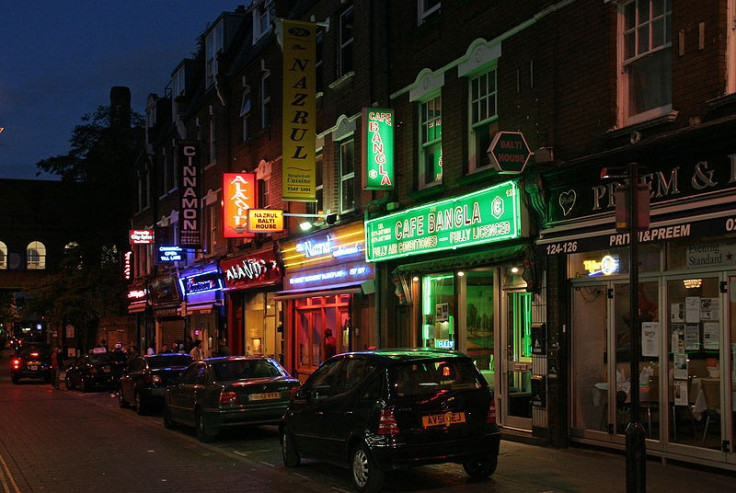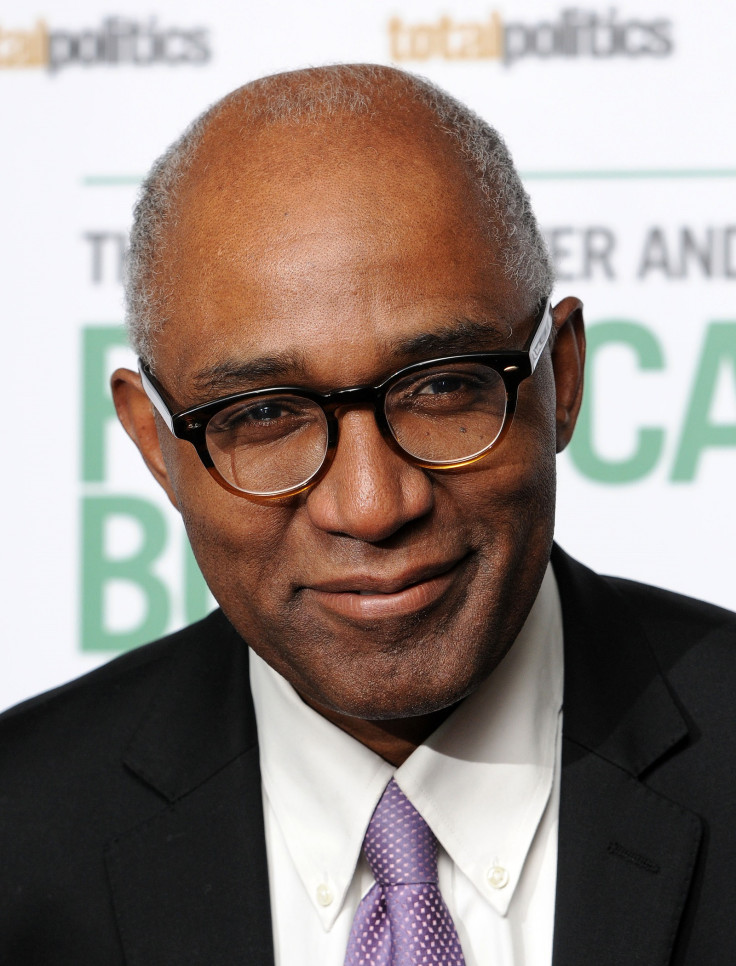British Bangladeshis and Pakistanis failing to integrate in wider society says report

British Pakistani and Bangladeshi communities are living segregated lives, according to a study by a leading think tank released on 20 May.
The findings, by the Demos cross-party policy think tank, show that almost 60% of British Pakistanis live in the top quartile of the most segregated areas in England. The employment rate for British Pakistani and Bangladeshi people is 49%, compared with 73% for white Britons.
Demos also found that only 6.4% of British Pakistani and 5.5% of British Bangladeshi students in England receive three A*-A grades or better - roughly half the number of white British and Anglo-Indian students.
Meanwhile, the research reveals that Britain's Indian community is leading the way as a success story of integration and economic advancement – not only out-performing most other minority groups across a host of measures, but also white Britons.
The research was part of Demos' Integration Hub, which maps the changing face of Britain's diversity.
The hub is designed to reveal a varied picture of modern Britain, in which many minority groups are benefiting from rapid upward social mobility, and others continue to face entrenched poverty and an intensifying disconnection from mainstream life.
It focuses on five core policy areas: residence, work and welfare, society and everyday life, education and attitudes/identity. It combines quantitative data on a wide range of indicators, with a literature review of analysis from the world's leading demographers, economists and social scientists.
Upward mobility for minorities is hard
Project lead David Goodhart said: "The aim of the site is to be the primary reference point for the informed debate about integration issues in the UK. It is politically neutral, and will change as the facts change and our understanding deepens."

"We understand that in a liberal society, the very terms 'integration' and 'segregation' are slippery and contested. Our work is not informed by a narrow definition of integration, rather it sees it as a broad and complex process of convergence in life chances and to a lesser extent lived experience."
"Upward mobility for minorities is harder if they are not connected to mainstream networks. More generally, collective action and the pooling of resources is easier when people share elements of a common culture, ascribe to some common norms and have a degree of mutual trust and familiarity across ethnic boundaries. Achieving that in what is likely to be an era of continuing high immigration is one of the most important policy challenges for the next generation."
Chair of the hub's advisory group Trevor Phillips said: "It is clear that we have never been more diverse than we are now, and anything that makes those differences less opaque will benefit all of us. While today, we have access to more data than ever before, much of this information is difficult to navigate and understand. We aim to address this through this Integration Hub, which brings together the most comprehensive collection of research and data on the topic of ethnic diversity ever developed in the UK, and will be continuously updated over time. This is our contribution to ensuring that our new diversity promotes co-operation and prosperity above all else."
© Copyright IBTimes 2025. All rights reserved.





















